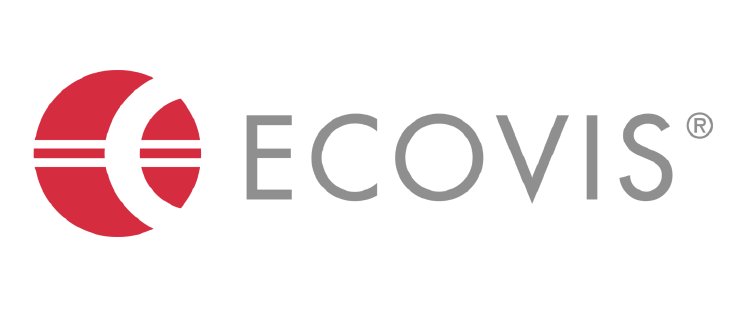Identifying insolvency
Insolvency occurs when an organisation (or individual) has insufficient assets to pay its debts and can no longer meet financial obligations to creditors as debts become due. This state of financial distress can arise from various situations, such as poor cash management, a reduction in cash flow, or an increase in expenditure.
There are various ways of ‘testing’ for insolvency under the Insolvency Act 1986 (IA 1986). A company is deemed to be insolvent if it is unable to pay its debts as they fall due (cash flow insolvency). In addition a company is also deemed to be unable to pay its debts if it is proved that the value of the company’s assets is less than the amount of its liabilities, taking into account its contingent and prospective liabilities (balance sheet insolvency).
Companies also need to keep an eye on their debt to equity ratio. The more debt a company has, the closer it may be to insolvency, explain the experts from Moore Barlow LLP.
Other warning signs of insolvency for a company are creditors threatening or taking legal action, such as a County Court Judgement (CCJ), a statutory demand or issuing a winding-up petition.
Directors can be held liable if a company continues to trade while it is insolvent. Specifically, directors face personal liability for what is known as “wrongful trading” if:
- They knew, or ought to have concluded that there was no reasonable prospect of avoiding insolvent liquidation.
- They did not take “every step with a view to minimising the potential loss to the company’s creditors”.
New measures
On 28 March 2020, the Business Secretary declared it was the government's intention to suspend wrongful trading provisions and to introduce a moratorium for businesses undergoing a restructuring process. It is unlikely that there will be any changes in relation to the more serious offence of fraudulent trading, for which directors are likely to remain personally liable.
Businesses should give careful consideration to the deployment and use of government coronavirus schemes such as the job retention scheme, VAT deferment for 3 months, deferred self-assessment payments, business rate holidays or applying for business interruption loans in an effort to combat the onset of insolvency.
For further information please contact:
David Foster, Partner, Dispute Resolution, Moore Barlow, Guildford, Surrey, UK
Daniel Baker, Associate, Dispute Resolution, Moore Barlow, Guildford, Surrey, UK

